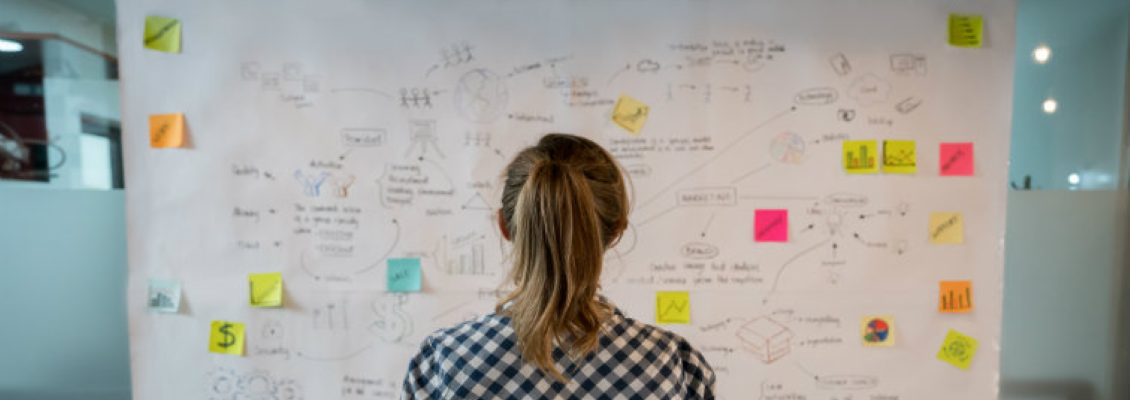
Do you have an Answer to Competing Staffing Technologies?
New technologies are emerging every day, and staffing is becoming more technology driven. Going forward, successful staffing companies will need to apply technology to their current staffing processes and evolve in line with market trends.
Last year, it was revealed that Uber was testing an on-demand staffing business called ‘Uber Works.’ While still in its early stage, briefly, the service would make it possible for businesses to hire short-term workers for jobs like “events and corporate functions, such as waiters or security guards” according to the Financial Times. This functionality adds to Uber’s other businesses, Uber, the well-known on-demand transport service and Uber Eats, the food delivery service, which are both managed through phone applications.
Last year, it was revealed that Uber was testing an on-demand staffing business called ‘Uber Works.’ While still in its early stage, briefly, the service would make it possible for businesses to hire short-term workers for jobs like “events and corporate functions, such as waiters or security guards” according to the Financial Times. This functionality adds to Uber’s other businesses, Uber, the well-known on-demand transport service and Uber Eats, the food delivery service, which are both managed through phone applications.
〇
How do existing staffing companies respond to this new development?
One response would be to stress; to worry about how much market share Uber can gain and how to respond, fearful of what comes next. The other response would be to cheer; to consider the opportunities and, having successfully anticipated this move, position yourself, so you are ready for the changes in the market.
One response would be to stress; to worry about how much market share Uber can gain and how to respond, fearful of what comes next. The other response would be to cheer; to consider the opportunities and, having successfully anticipated this move, position yourself, so you are ready for the changes in the market.
It’s worth remembering that this is not the first time that staffing companies have come under pressure from new technology. In the mid-1990s, when the internet was in its infancy, companies like Monster and Career Builder started up, and many were convinced they were the new panacea to staffing.
The last few decades have proved that vertical business segments are hard to crack. Real estate agents, vehicle sales, and staffing are good examples of businesses that are still around despite predictions and have thrived by way of their specialization and understanding of market niches, which are more effective than horizontal one-size-fits-all solutions.
What you have to think about is that staffing is evolving. It’s changing the mindset of both the people who are providing work and those requesting it. That is driving this on-demand staffing evolution.
Those searching for work are both increasingly willing and need to be flexible, for example, to fit around family commitments or personal interests or projects. Employers increasingly want on-demand to deal with temporary shortages or to cover short-term events or projects.
With the right culture of embracing change and technology support, any good staffing agency can continue to thrive, especially if focusing on its core business and identifying new ones that fit within its competencies and processes.
competing-staffing-technology-blog-thumbnail.png


 5.0
5.0